Weekly sales training = an “honors class in selling”
Beer and Circus
A few years ago, I read Dr. Murray Sperber’s book Beer and Circus: How Big Time College Sports Is Crippling Undergraduate Education. Sperber is a professor of English and American Studies at Indiana University.
In the New York Times, Morris Berman’s book review captures the big ideas and themes of the book.
American college students, particularly at big-time universities, are caught up in a triad of alcohol, spectator sports and partying, which, Sperber tells us, now occupies the ”academic” career of vast numbers of undergraduates. This is in turn tied to the promotion of research at the expense of teaching; huge lecture classes (typically taught by teaching assistants); high levels of cheating; rampant grade inflation; and a cynical, if tacit, ”nonaggression pact” between students and faculty to stay out of each other’s way. In an argument that comes fairly close to conspiracy theory, Sperber asserts that none of this is accidental. Since the big-time universities aim to acquire status and prestige through expensive research programs, they can no longer afford to give the majority of their undergraduates a meaningful education. Hence, they substitute beer and circus to keep the students distracted and the tuition dollars rolling in, in a way that is perhaps no less cynical than the bread-and-circus constellation of ancient Rome.
The book made me glad I went to tiny Baldwin-Wallace College where I was a small-time athlete and a pretty good student.
Sperber despises lecture halls filled with 1200 students and taught by teaching assistants. He writes that the honors classes are where the real learning occurs.
After sitting in on an honors class at a Big-time U, a high school senior on a college visiting tour exclaimed, “They spent the hour [discussing] the professor’s specialty. The kids had done all the required reading and even the supplementary stuff. They asked the professor constant questions, interrupted him, argued all the time with him and each other. It must be so hard for profs to teach them.”
The interviewer replied, “No, it’s like teaching graduate students. Most faculty members could roll out of bed at 3 A.M. and do it. But try teaching regular undergraduates who haven’t done the reading and won’t say a thing. Now that’s hard teaching — straight uphill.” Regular undergraduates can also crust faculty egos, whereas honors students flatter the professorial psyche and give faculty the illusion of being great teachers (some educators term honors students “pre-learners, in other words they master most things on their own, with no need of formal instruction).”
What might happen if you thought of your weekly sales training session as an “honors class in selling?”
Assign the Instant Sales Training audio before the meeting.
Let salespeople study the topic on their own and apply the idea or new skill in the marketplace. Use sales training time to debate and discuss the content they were exposed to before the session. You’ve made them accountable for their own learning.
You’re becoming a facilitator of learning instead of a lecturing teaching assistant.
What a concept! But do you buy it?
Try training this way and I think you will.



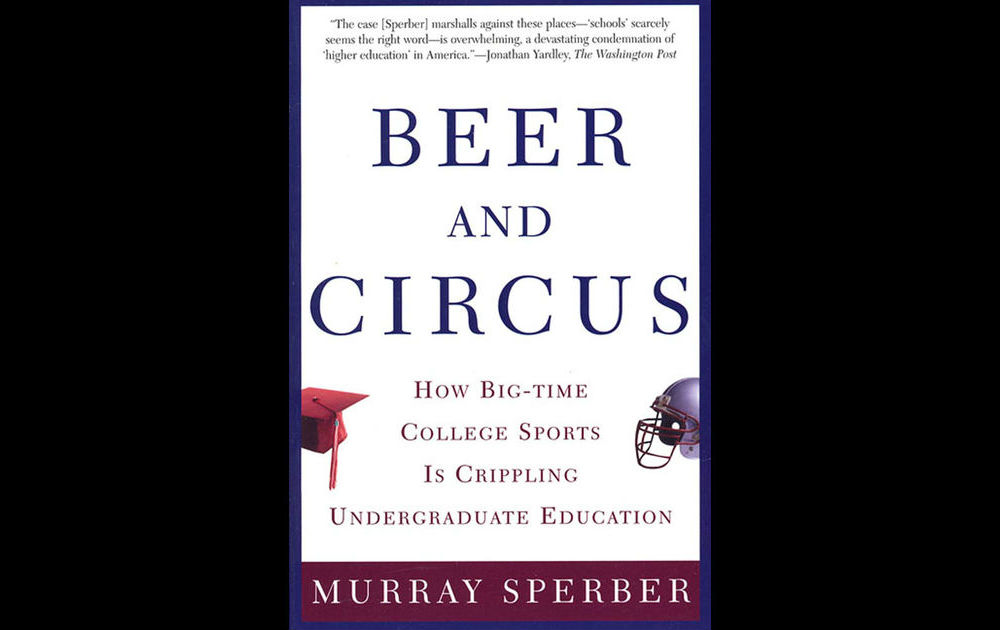
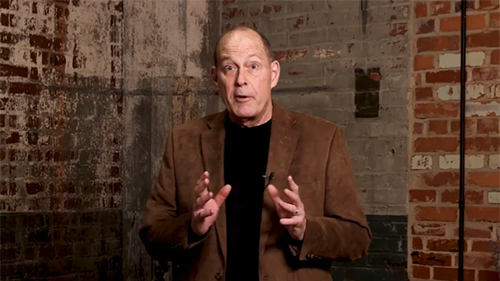
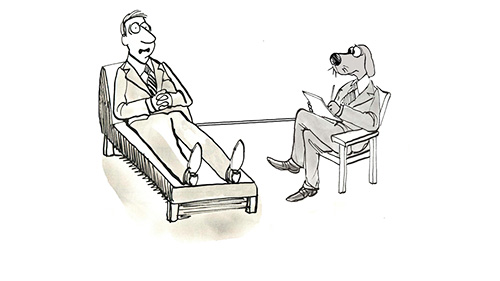
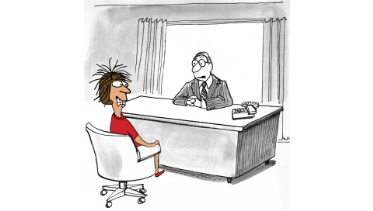
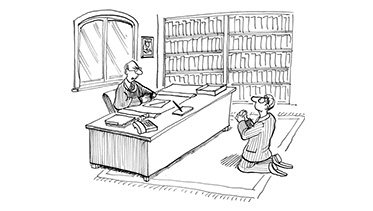
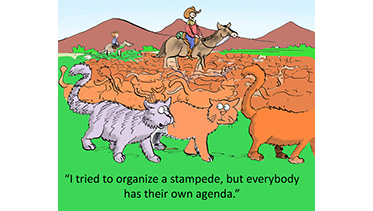
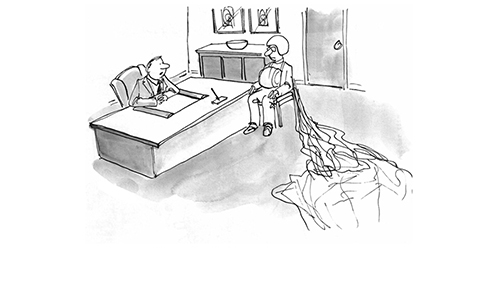
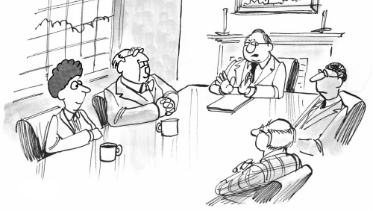
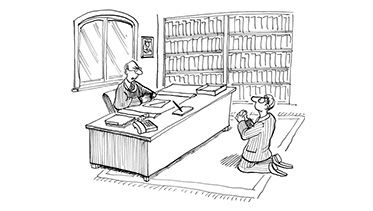
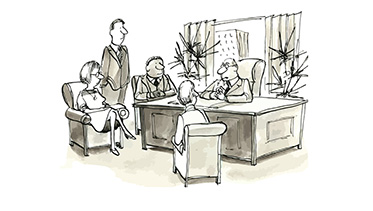
Comments
No comment yet.